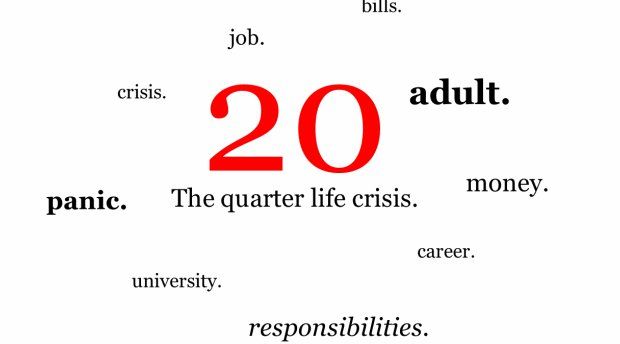Can Tax Reforms Really Help To Create Jobs?
Post Views 1There is nothing that is so politically fraught in this country today than taxes. The size of the government, the purpose of the society, human freedom–taxation brings some heavy stuff up to the surface. Our country was founded by the taxes, after all. So, naturally, in the political war over everyone’s job crisis, taxes have been one of those recurring nightmares.
In the past year, Tim Pawlenty set forward an economic plan, which said that by cutting the top individual tax rate from 35 percent to 25 percent, the top corporate rate from 35 percent to 15 percent, and taking out all taxation on the capital gains, interest, and the dividends, than he could double the GDP growth rate and balance the budget.
This is a pretty impressive feat, but it was said to be impossible.
Most of the tax specialists are more tempered when they start to talk about the power of the tax reform. It will take some time, they say, for any of the changed to filter down into the decision-making of business and entrepreneurs. But the changes were sure to happen.
This is one of the three main political talking points on taxes, and what the tax experts have to say about them.
Lowering the Corporate Tax Rate:
The top marginal corporate tax rate here in America is almost 35 percent. In nineteen of the states, the combined federal and state rates in the highest bracket is over 40 percent. This happens to be the highest marginal corporate tax rate in the Organization for Economic Cooperation and Development (OECD). Many of the developed countries have been kicking over their corporate tax rates in the recent year to try and seduce multinationals into staying on their soil, but the U.S. hasn’t changed its own top tax rate since 1993.
Many of the conservatives, in particular, argue that America’s high marginal corporate tax rate pushes companies overseas, giving the U.S. no more taxes, and also no more jobs.
”If we lower our corporate tax rate by just a little bit, it’s not going to make us more competitive than Switzerland on taxes,” says Daniel Mitchell, who is a senior fellow at the libertarian think tank The Cato Institute, and who is also a former economists for Senator Bob Packwood and the Senator Finance Committee. ”But we don’t have to lower the corporate tax rate to Swiss levels to get benefits.”
The last big cut [in the corporate taxes came under George W. Bush, who lowered the taxes on dividends (from 39.6 to 15 percent) and capital gains (from 20 to 15 percent) back in 2003. A recent report from the Congressional Research Service found that the average unemployment rate was the same in the four year period after the tax cuts as in the period of 1993 to 2000.
Can Tax Reforms Really Help To Create Jobs? by Harrison Barnes



 Expected Changes in 2016 to the Workplace
Expected Changes in 2016 to the Workplace  Chicago’s Top Tech Companies
Chicago’s Top Tech Companies  What is a Quarter-Life Crisis and How to Tackle It
What is a Quarter-Life Crisis and How to Tackle It  Get Your Own Clothing Label Started
Get Your Own Clothing Label Started  Be More Productive in 7 Days
Be More Productive in 7 Days